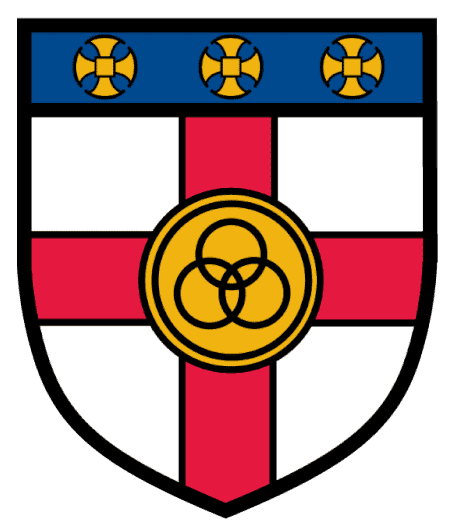COVID-19 Reporting
Created: Wednesday, May 27th, 2020
Last Updated: July 7th, 2022
Trinity Anglican Seminary signed and returned certification with the U.S. government allowing access to funding to help students fund COVID-19 related expenses. Trinity received a total of $13,737 of which regulation requires at least 50 percent be given directly to students. Trinity decided the entire $13,737 will go to students in the form of emergency grants.
Trinity has approximately 33 students eligible to participate in programs under Section 484 in Title IV of the Higher Education Act of 1965. However, less than 10 students applied for COVID-19 emergency funding. To solicit applications, the Dean of Students directly e-mailed all eligible current students and invited applications. To determine award amounts, students self-reported their need and were awarded accordingly. Less than 10 students were awarded grants from the $13,737. We will continue to update this information every 45 days per federal regulation.
Update:
The Higher Education Emergency Relief Fund (HEERF) was established as part of the CARES Act. The school has applied for and received a grant from this fund. In order to show transparency concerning our use of this grant, we are posting this report which shows our usage of the grant funds for the periods below.
HEERF Quarterly Reports
[1] 2020 – 3rd Quarter Report (September 30, 2020) (link)
[2] 2020 – 4th Quarter Report (December 31, 2020) (link)
[3] 2021 – 1st Quarter Report (March 31, 2021) (link)
[4] 2021 – 2nd Quarter Report (June 30, 2021) (link)
[5] 2021 – 3rd Quarter Report (September 30, 2021) (link)
[6] 2021 – 4th Quarter Report (December 31, 2021) (link)
[7] 2022 – 1st Quarter Report (March 31, 2022) (link)
[8] 2022 – 2nd Quarter Report (June 30, 2022) (link)
HEERF Yearly Reports
[1] 2020 (link)
[2] 2021 (link)
[3] 2022 (link)
Public quarterly reports will remain online for a period of at least three years after the submission of the last annual performance report in accordance with 2 CFR § 200.334.


